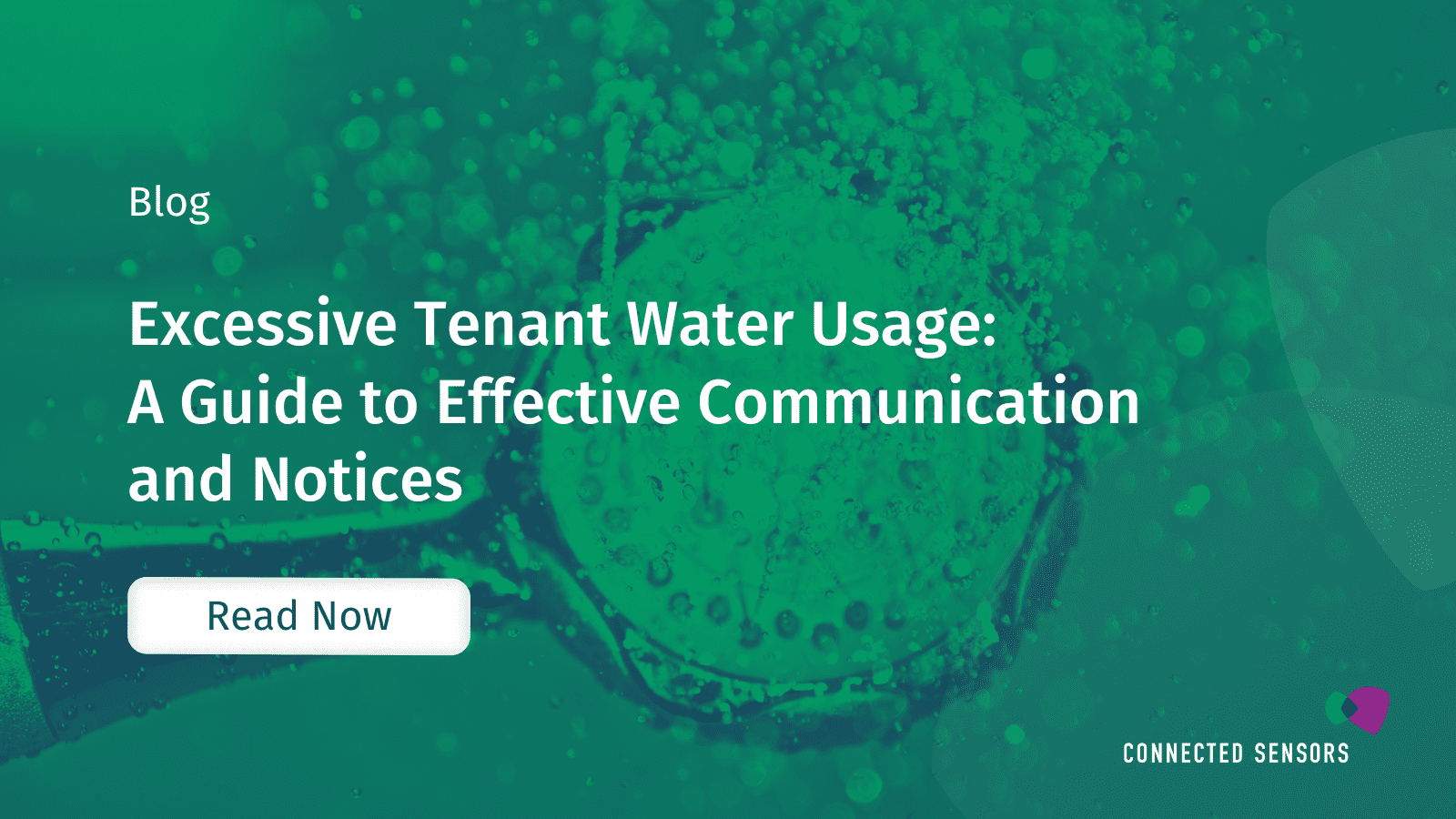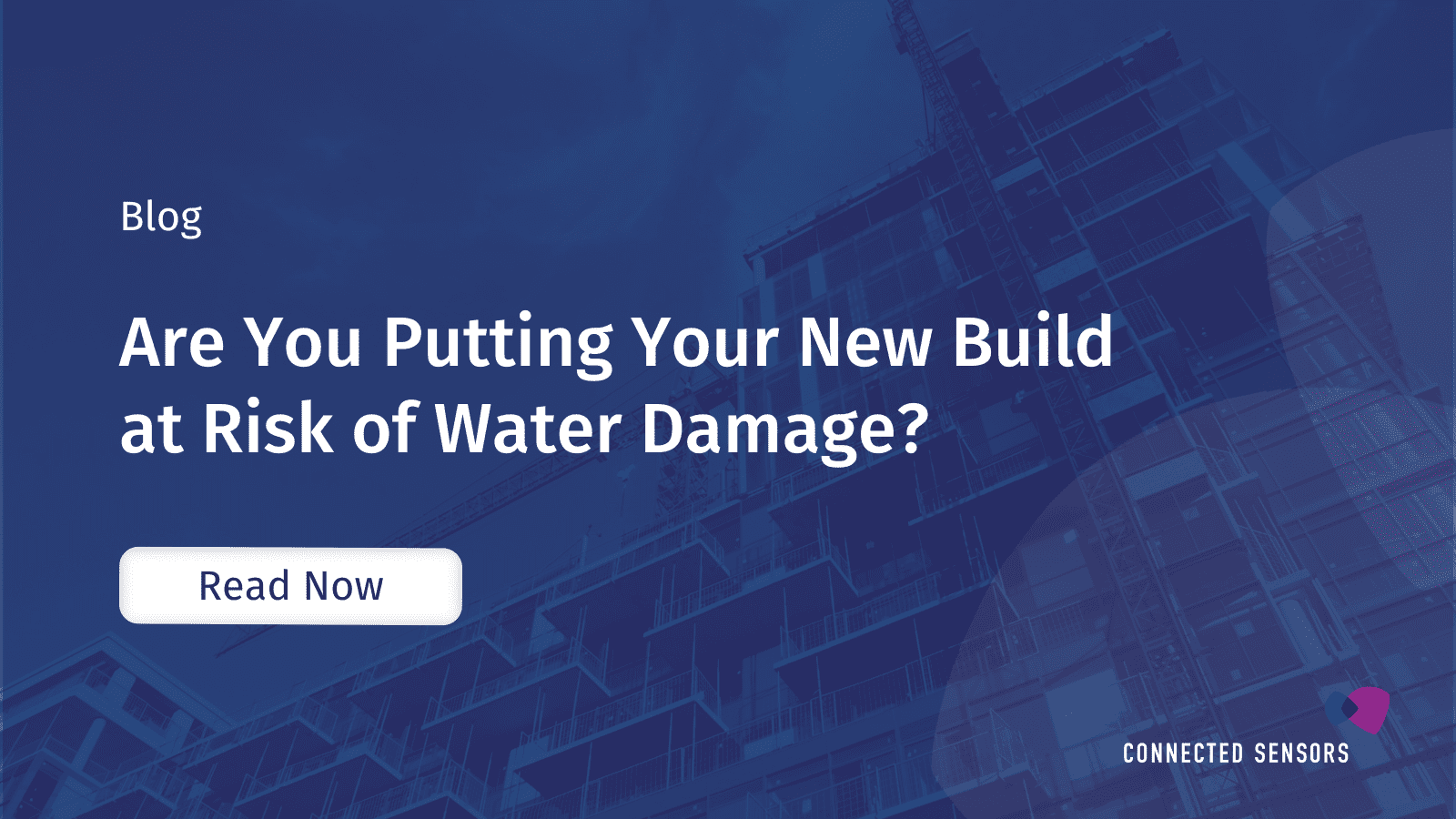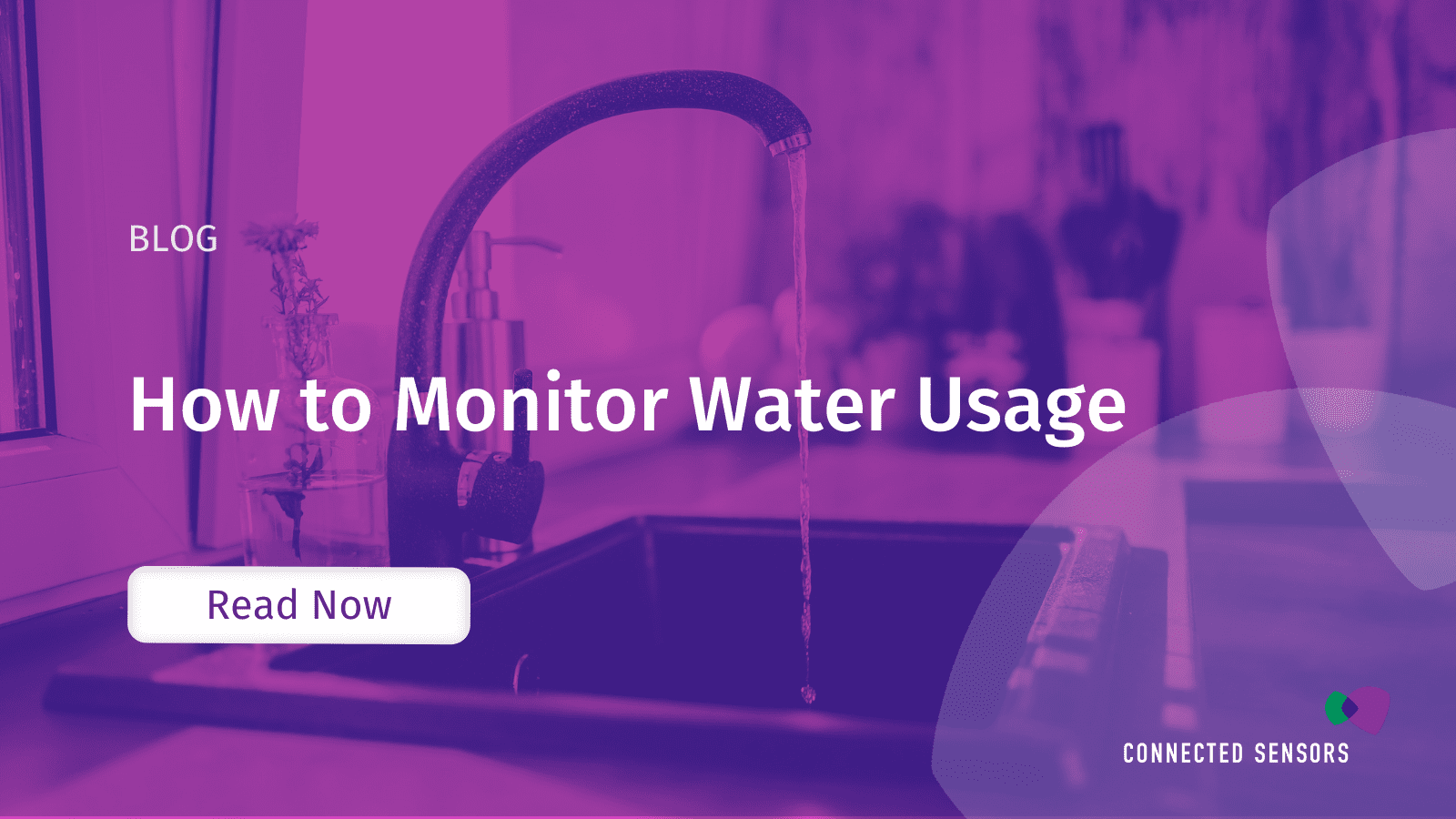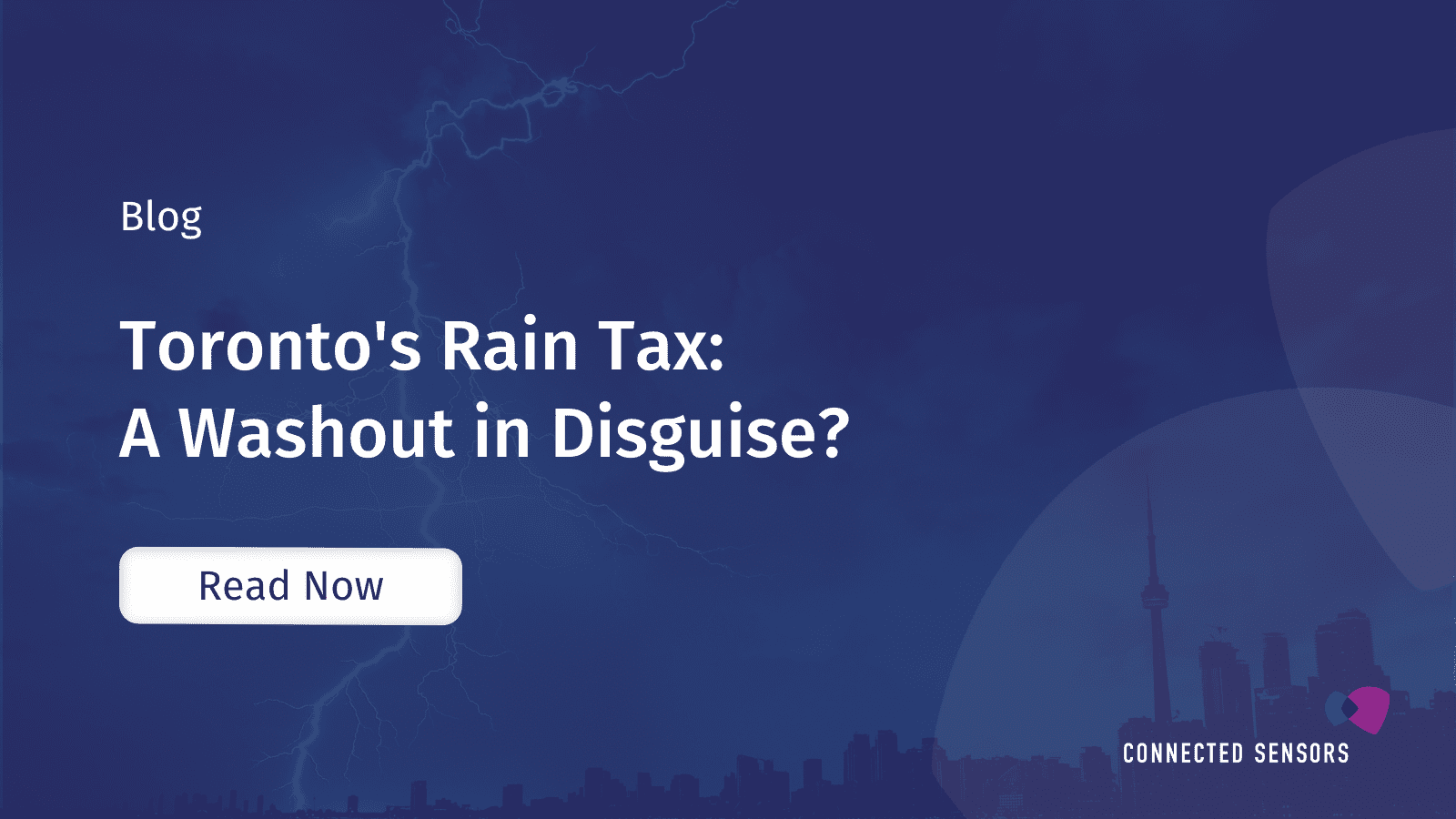





The real estate industry is undergoing a seismic shift toward sustainability, and sustainable water practices are at the forefront of this transformation. This blog will uncover the weighty consequences of neglecting water sustainability and reveal the undeniable economic benefits for both developers and the environment.
Neglecting water sustainability in real estate now comes at an even steeper cost, one that resonates loudly on both economic and environmental fronts. Water inefficiencies, long ignored, have transformed water scarcity from a distant threat into a chilling present-day reality. In the arid landscapes of California, for instance, recurring droughts have forced the imposition of stringent water restrictions, sending shockwaves through real estate developments, agriculture, and communities alike.
But it’s not just California; similar scenes are unfolding globally, ringing alarm bells for property owners and investors worldwide. The repercussions of such negligence are manifold and merciless.
The price of water is soaring, and this surge profoundly impacts real estate. As water scarcity intensifies, municipalities have no choice but to raise water rates. In fact, starting in the mid-2000s, major municipalities have increased their water and wastewater rates with yearly increases well above inflation (as much as 8-10 per cent above CPI). These escalating water prices, in turn, ripple through the real estate sector, burdening property owners and tenants alike. The unchecked flow of expenses can drown budgets, erode property values and inflate insurance premiums, making properties less attractive investments and leaving both property owners and tenants grappling with the financial floodwaters.
In a world where water inefficiency can capsize investments, the question isn’t whether to embrace sustainable water practices; it’s how soon they can be implemented to safeguard against the impending storm.
Sustainable water practices in real estate encompass diverse strategies and technologies designed to reduce water consumption, enhance water quality, and minimize the environmental impact of water use. Recent advancements in technology and sustainability have led to refinements in these practices, making them more effective and economically attractive.
Smart water monitoring technology is pivotal in optimizing water usage by offering real-time insights into consumption patterns and identifying water inefficiencies. These systems, armed with IoT sensors and powered by Artificial Intelligence (AI) and Machine Learning (ML), have evolved into indispensable tools for advancing sustainability within the real estate sector.
The latest data shows that the adoption of water-efficient fixtures and appliances is rising. Low-flow toilets, faucets, and showerheads are becoming standard in new construction and renovations. These upgrades not only conserve water but also translate into substantial savings on utility bills for property owners and tenants. In fact, homes with high-efficiency plumbing fixtures and appliances save about 30 percent of indoor water use and yield substantial savings on water, sewer, and energy bills.
Modern sustainable landscaping goes beyond just using drought-resistant plants. It now includes sophisticated irrigation systems with sensors and intelligent controllers that adjust water flow based on real-time weather data. Additionally, permeable paving and rain gardens help capture and filter rainwater, reducing runoff and improving water quality.
Rainwater harvesting systems have evolved to become more efficient and user-friendly. Real-time monitoring and filtration technologies ensure that collected rainwater meets high-quality standards for non-potable use, such as landscape irrigation and toilet flushing. These systems are now integral components of forward-thinking real estate developments.
In response to water scarcity challenges, cutting-edge wastewater treatment and recycling systems have gained prominence. These systems treat wastewater to a high standard, making it suitable for various non-potable uses. By recycling wastewater within a property, real estate owners can reduce reliance on external water sources, cutting costs and promoting sustainability.
Properties with sustainable water practices have consistently shown higher resale values. Recent market analyses reveal that eco-conscious buyers are willing to pay a premium for homes and commercial spaces with reduced operating costs, lower utility bills, and a reduced environmental footprint. LEED certified buildings, for example, command a premium of 4% compared to traditional buildings and have a 31% higher average percentage of rent rate. Sustainability is no longer a niche preference but a mainstream demand, translating into financial gains for property owners.
Property owners who invest in water-efficient technologies and monitoring systems experience immediate reductions in utility expenses. These systems are designed to minimize water waste, leading to lower water bills and decreased sewer charges. Additionally, they often yield energy savings, further contributing to cost reduction. While there is an initial investment, these technologies pay for themselves relatively quickly, providing a tangible return on investment.
>>> You Might Also Like: The ROI of a Water Monitoring System
In the face of growing water scarcity risks, sustainable water practices help mitigate financial exposure. Real estate developers who embrace these practices are better prepared for potential disruptions, ensuring their investments’ long-term viability and profitability. Reduced reliance on municipal water sources also insulates properties from price fluctuations and supply interruptions.
The increasingly stringent regulatory landscape provides financial incentives for real estate owners and developers to adopt sustainable water practices. Tax credits, rebates, and grants are available in many jurisdictions to encourage water-efficient construction and retrofitting. Failing to comply with these regulations can result in penalties and higher operational costs.
For example, in the United States, the Environmental Protection Agency (EPA) introduced the WaterSense program, which sets standards for water-efficient products and promotes water conservation in both residential and commercial buildings. Buildings that adhere to WaterSense guidelines reduce their water consumption and may qualify for rebates and incentives, making sustainability a financially sound choice for property owners.
In the era of water scarcity and heightened environmental awareness, water sustainability has emerged as a cornerstone of the modern real estate industry. They are not just an option; they are an economic imperative, ensuring the prosperity of both the real estate industry and our planet.
© 2023 All rights reserved